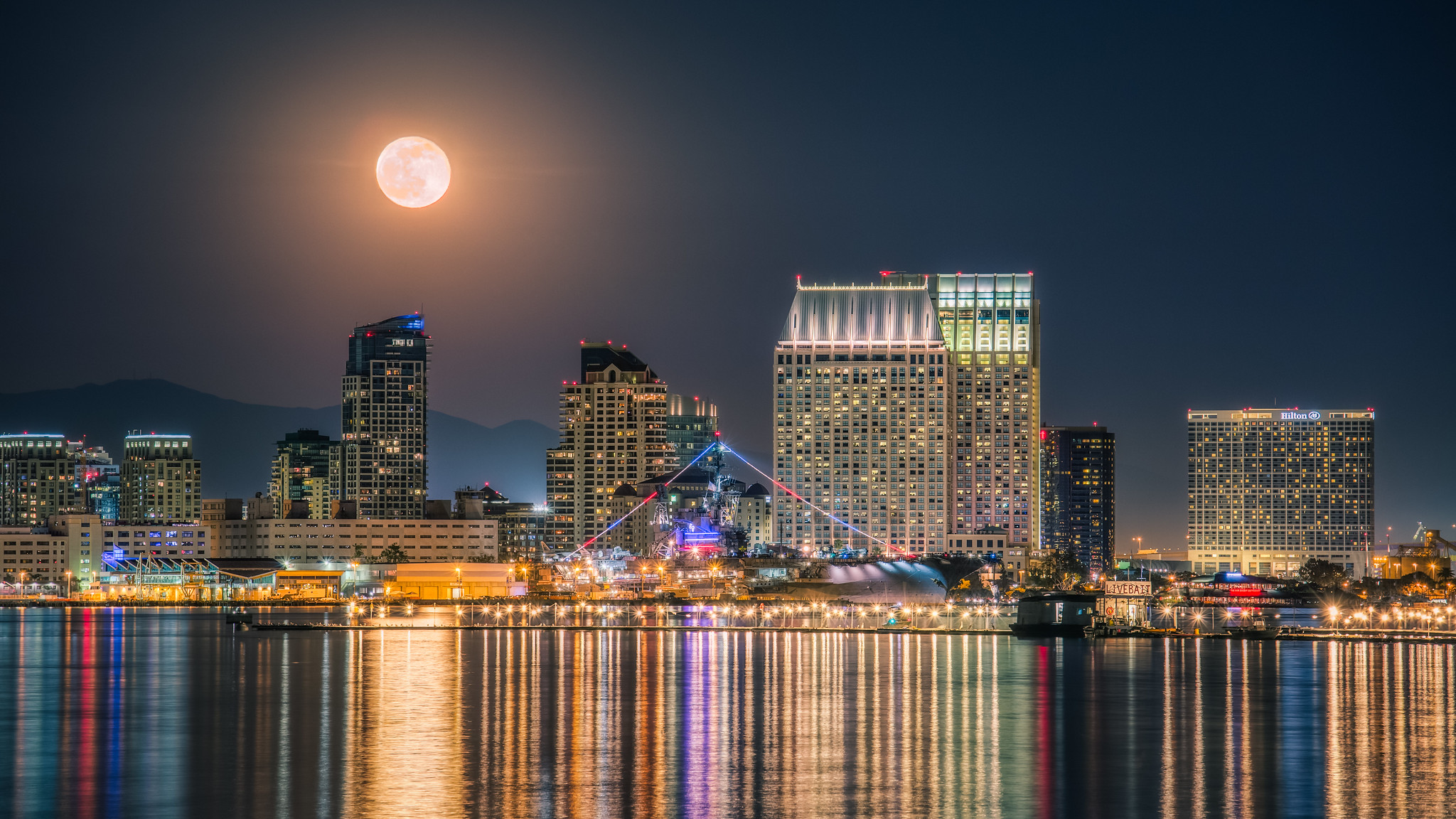From an essay on bird watching.
Topic: On bird watching.
Jonathan Franzen: In Florida at the Estero Lagoon at Fort Meyers beach where, according to my guide book, I was likely to see hundreds of red knots and Wilson's plovers, I instead found a Jimmy Buffet song playing on the holiday and beach-front sound system, and a flock of gulls loitering on the white sand behind the hotel.
It was happy hour.
As I was scanning the flock, making sure that it consisted entirely of ring-billed gulls and laughing gulls, a tourist came over to take pictures. She kept moving closer, absorbed in her snapshots and the flock amicably distanced itself from her, some of the gulls hopping a little in their haste. The group murmuring uneasily and finally breaking into alarm cries as the woman bore down with her pocket digital camera.
How, I wondered, could she not see that the gulls only wanted to be left alone? Then again the gulls didn’t seem to mind the Jimmy Buffet.
The animal who most clearly wanted to be left alone was me. Farther down the beach, still looking for the promised throngs of red knots and Wilson's plovers, I came upon a particularly charmless stretch of muddy sand on which there was a handful of more common shore birds, dunlins and semi pelmated plovers and leased sand pipers in their brownish gray winter plumage, camped out amid high rise condos and hotels, surveying the beach in postures of sleeping disgruntlement. With their heads scrunched down and their eyes half shut, they looked like a little band of misfits, like a premonition of a future in which all birds will either collaborate with modernity or go off to die someplace quietly.
What I felt for them went beyond love. I felt outright identification. The well adjusted throngs of collaborator birds in South Florida, with the trash pigeons and trash grackles and the more stately, but equally tame, pelicans and cormorants, all struck me now as traitors.
It was the motley band of modest peeps and plovers on the beach who reminded me of the human beings I loved best, the ones who didn’t fit in.
These birds may or may not have been capable of emotion, but the way they looked beleaguered there, few in number, my outcast friends was how I felt. I’ve been told that it was bad to anthropomorphize, but I could no longer remember why. It was, in any case, anthropomorphic only to see yourself in other species, not to see them in yourself, to be hungry all the time, to be mad for sex, to not believe in global warming, to be short sighted, to live without thought of your grandchildren, to spend half your life on personal grooming, to be perpetually on guard, to be compulsive, to be habit bound, to be avid, to be unimpressed with humanity, to prefer your own kind--these were all ways of being like a bird.
Later in the evening, in posh necropolitan Naples, on a sidewalk outside a hotel whose elevator doors were decorated with huge blow ups of cute children and the monosyllabic injunction, smile, I spotted two disaffected teenagers, two little chicks in full Goth plumage. And I wished that I could introduce them to the brownish gray misfits on the beach.
Recorded On: April 1, 2008





